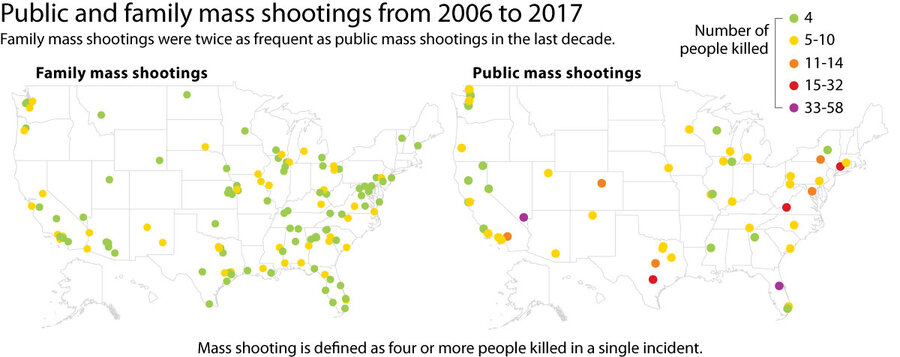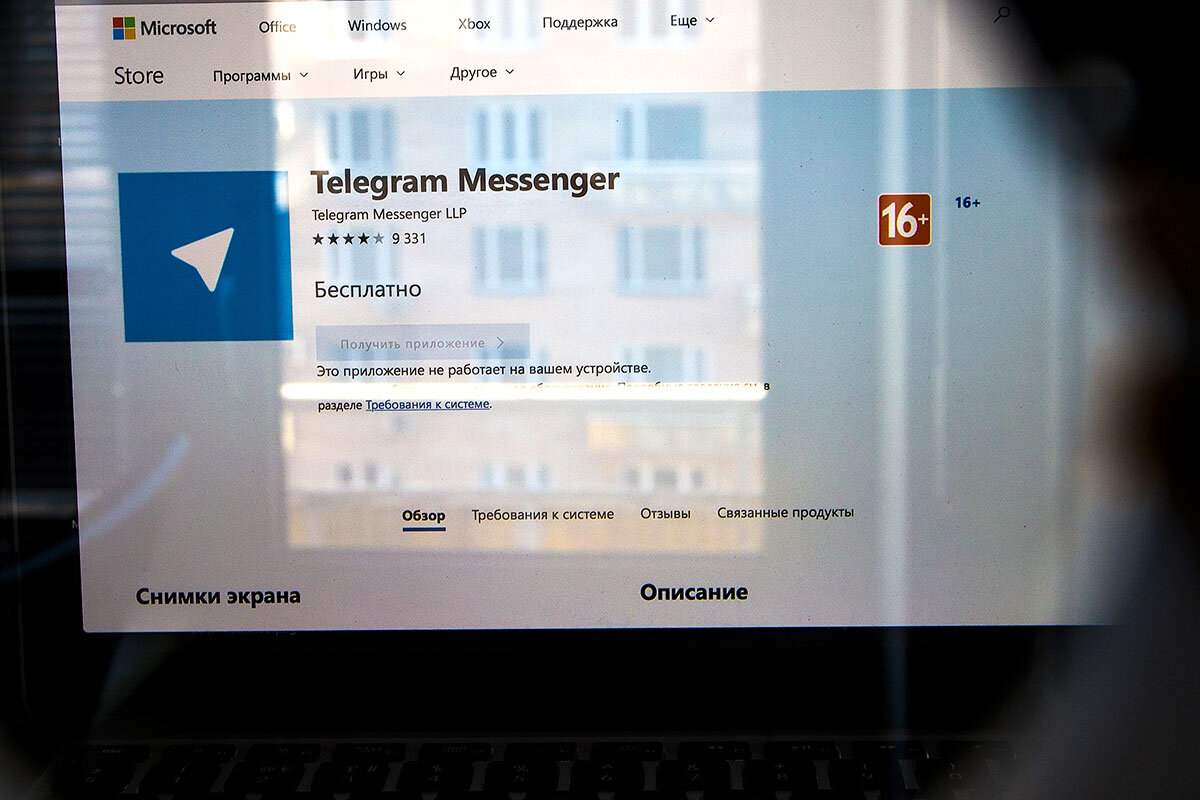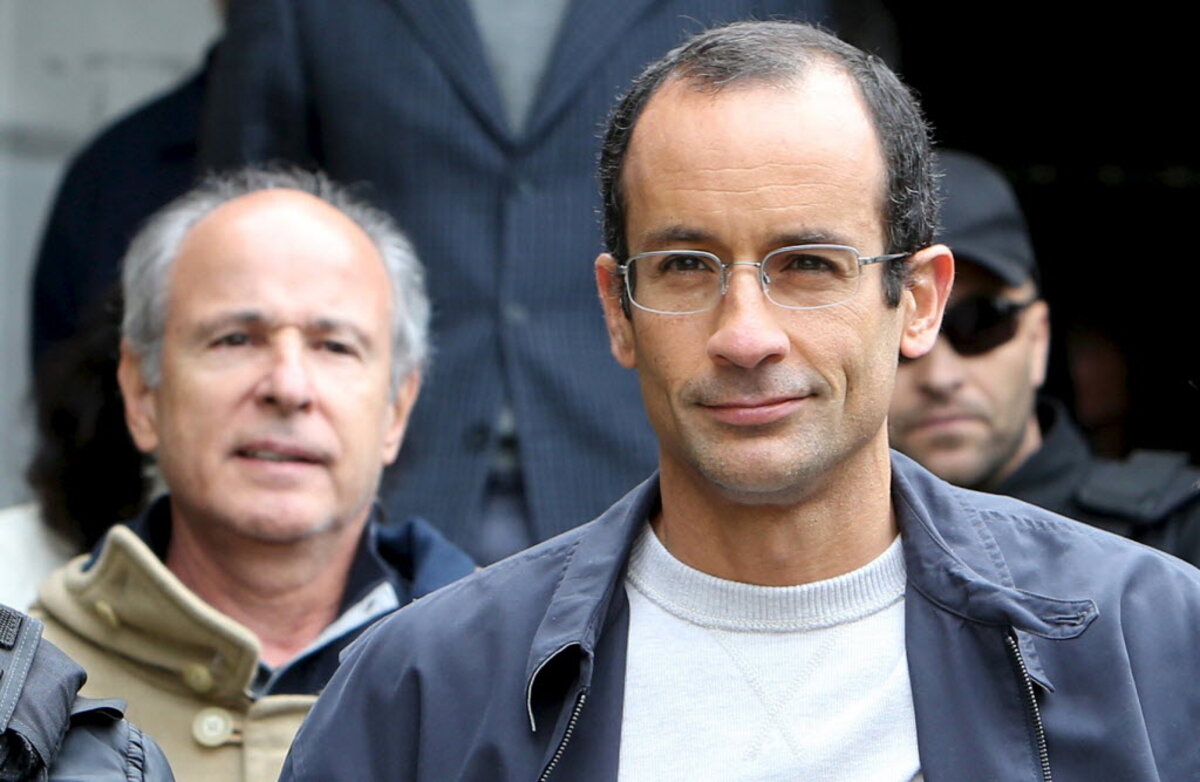It's tempting to think of a dramatic before-and-after for Cuba as it experiences a rare change of leadership today. But that is likely out of touch with how most Cubans will experience the change – a reminder that to alter course after more than six decades of revolution takes more than a single new face.
Monitor Daily Podcast
- Follow us:
- Apple Podcasts
- Spotify
- RSS Feed
- Download
 Kim Campbell
Kim Campbell
The constant glow of our electronic devices is not dimming, nor are concerns about everything from addiction to safety. But is our well-being really in jeopardy from technology?
This week, the Pew Research Center published the results of a nonscientific survey it conducted with Elon University to see what experts thought.
Just under half of the more than 1,000 respondents predicted that our well-being will be more helped than harmed by digital life in the next decade. About a third foresee more harm than help. The rest say they don’t envision much change from now.
Making a case for the “help” group is Europe-based Pete Cranston, a tech trainer and consultant. He argues that worries about hyperconnectedness, though real, come from first-worlders who are not lacking in resources. “There’s a rest-of-the-world response which focuses more on the massive benefits to life from access,” he notes, citing finance, research, shopping, and keeping in touch with family (“think migrant workers rather than gap-year youth”).
Respondents offer evolutionary ideas for mitigating the problems raised by the “harm” group (which are bolstered by articles like this one). Pew puts the interventions in buckets like “reimagine systems,” “reinvent tech,” and “regulate.”
The comments of Sheizaf Rafaeli, a professor at the University of Haifa in Israel, show up under “recalibrate expectations.” “People are adaptive,“ he explains. “In the long run, we are reasonable, too. We will learn how to rein in the pitfalls, threats, bad guys and ill-meaning uses. These will continue to show up, but the march is towards progress.”
Here are our five stories, which focus on hope, diligence, and perseverance.











